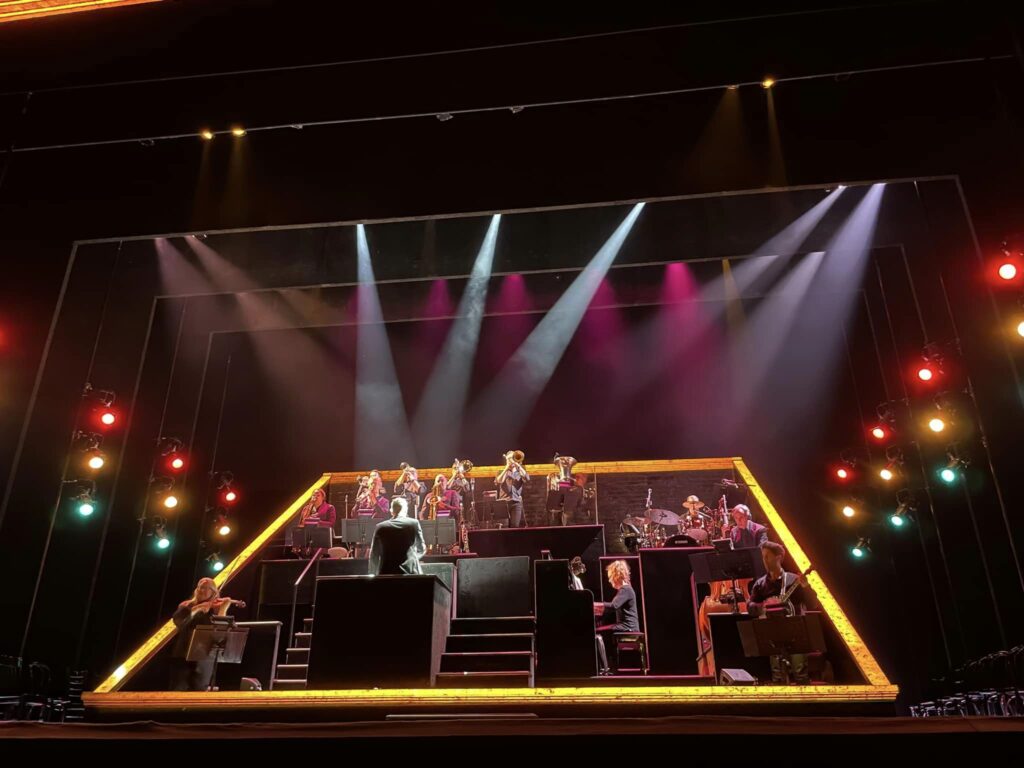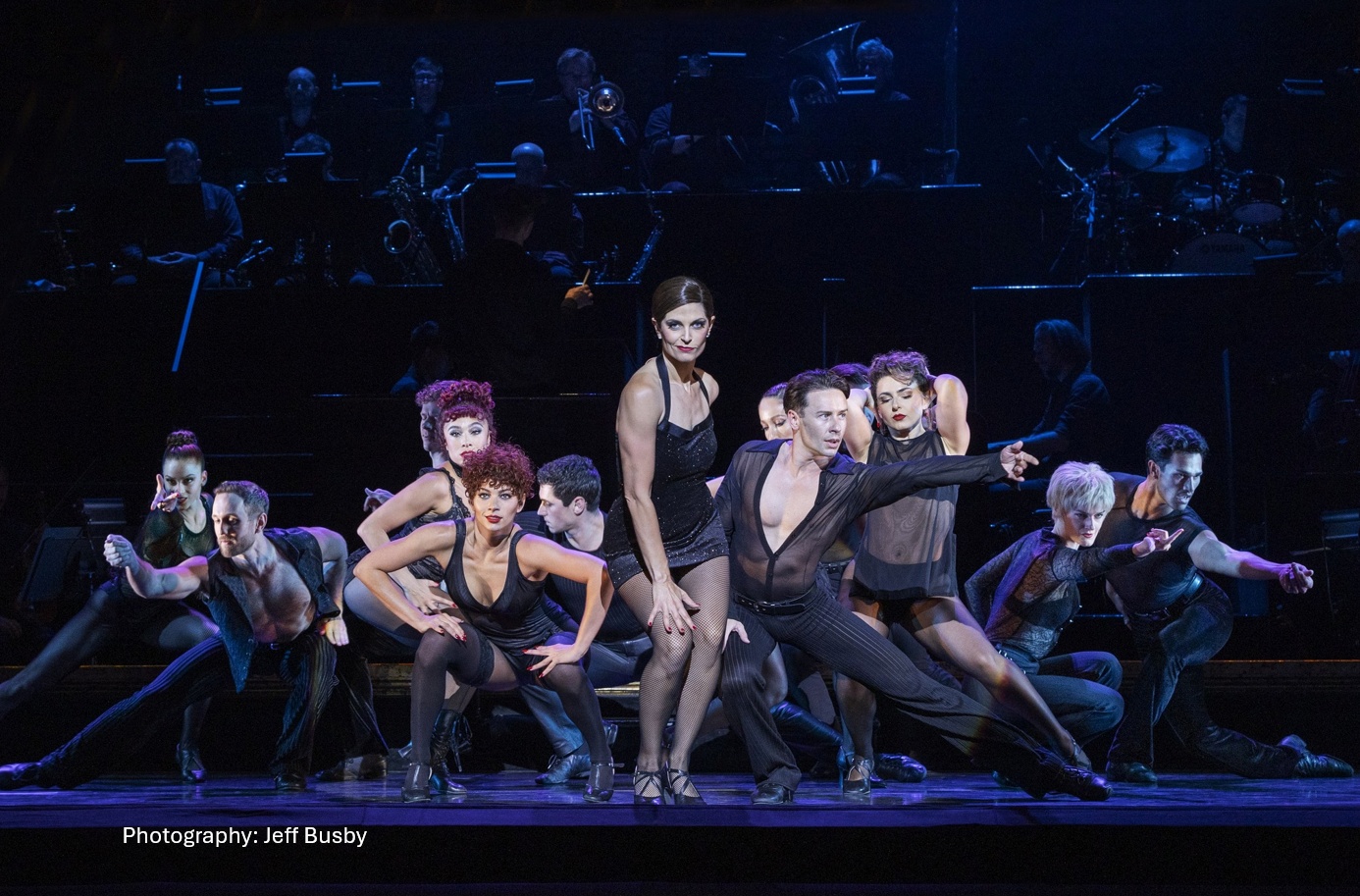Your exit music please! After a six-week Sydney run, it’s almost time to hang up your jazz shoes. When you arrived, you didn’t care that it had only been six years since you were last here, or that you had a lot to live up to after Casey Donovan and Natalie Bassingthwaighte previously took the stand.
But if I were the longest-running American musical on Broadway, like you, I wouldn’t care either. You were here for your fans. Your devoted fans already knew and loved you long before your opening overture. We didn’t even need to wait for the familiar “Pop, Six, Squish…” of the Cell Block Tango – we were already cheering at the sight of six chairs arranged under the spotlights.
You were simple, pared back. Classic Broadway. You brazenly plonked your 14-piece orchestra right in centre stage for the entire show, reducing your stage space by half (who needs stage space anyway?). What a trick – we felt like we were right there in a 1920s prohibition-era Chicago club, with the trademark vaudevillian jazz, bowlers hats, black fishnet stockings, and plenty of leggy high kicks.
Yes, the performance of your dance cast was technically superb – everything was tight (including their abs and see-through outfits). Your leading ladies, Roxy (Lucy Maunder) and Velma (Zoe Ventoura) also got the job done well enough. Matron ‘Mama’ Morton (Asabi Goodman) hit all the right notes in the Disney villain-esque ‘When You’re Good to Mama’. But it was Peter Rowsthorn’s downtrodden ‘Amos’ that we most loved to cheer for – if only because he wasn’t a murderer, adulterer or lawyer, and therefore the only one we could cheer for.

Your characters were indeed a special kind of anti-hero – they didn’t have hearts of gold buried deep beneath, or moments of moral enlightenment. They were just deeply flawed beings who told us your promised story of ‘murder, greed, corruption…’ while also making us want to shimmy. You’re all about the dark satire, we know.
And amongst the razzle and the dazzle, you also gave us mirror moments like Anthony Warlow’s puppetry act in ‘We Both Reached for the Gun’, and Roxy’s lament that being spared the noose ‘was all for nothing. They didn’t want my picture’. What we mean to say is, you gave us something to reflect on, because we are still a society obsessed with fame at all costs – especially the truth. So, despite being inspired by the 1920s, it turns out you’re still completely relevant today (even if newspapers aren’t really a thing anymore).
So there you go, you might have come for your fans, Chicago, but there is still more to you after all than just ‘all that jazz’.
With love,


